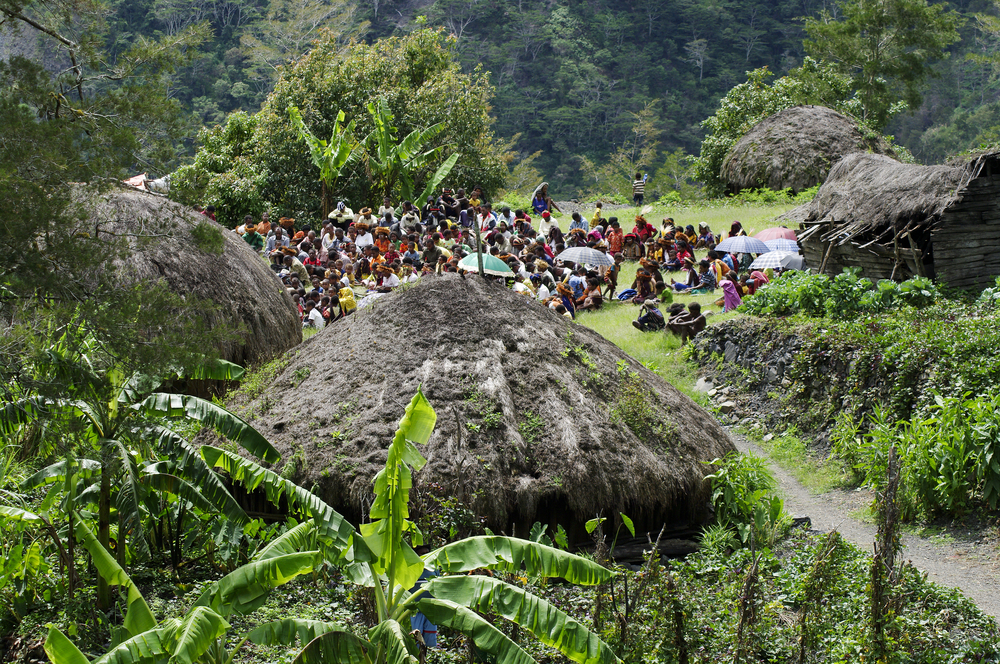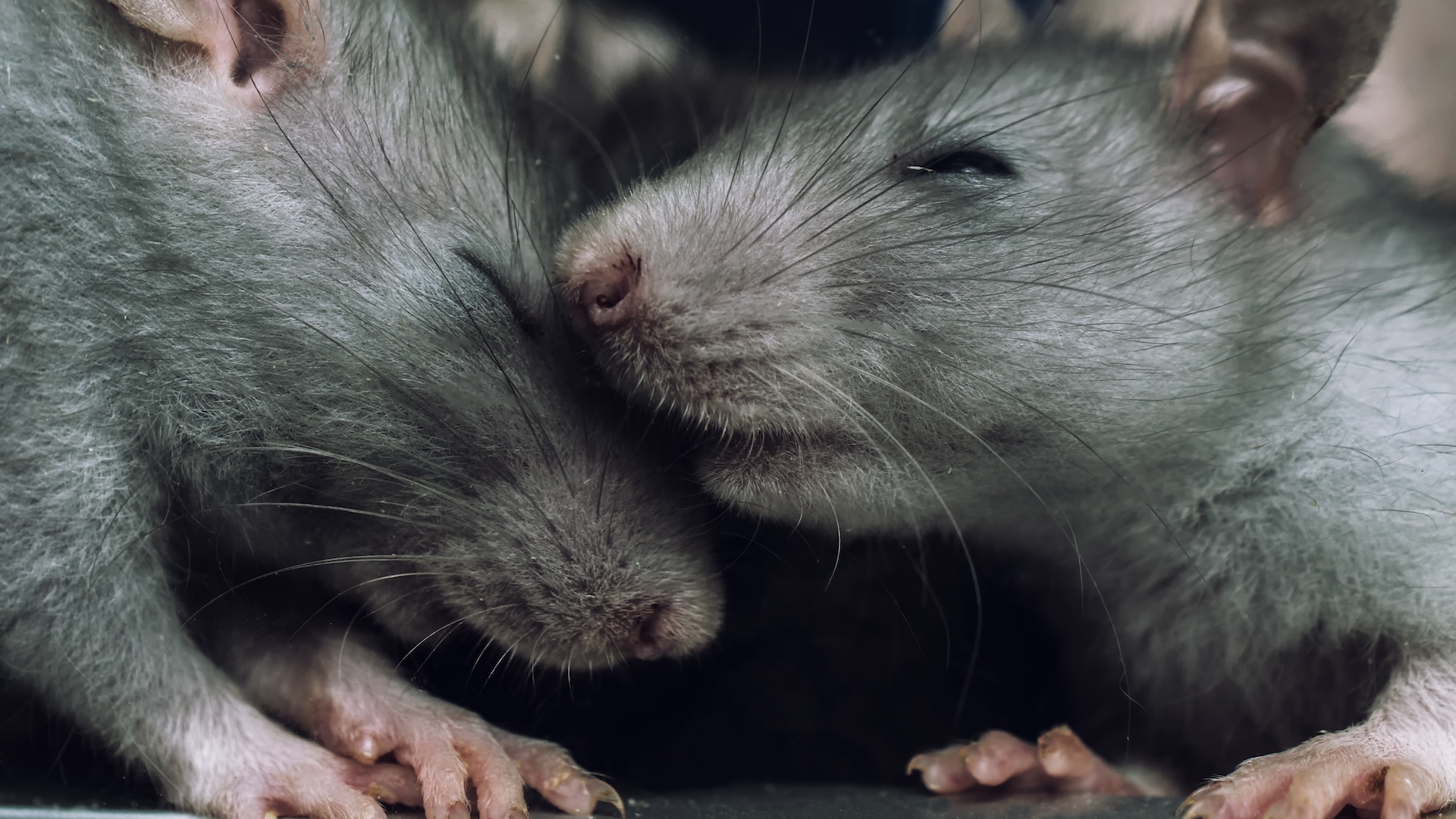Witchcraft Accusations Lead to Torture, Murders

The witch hunts and subsequent killings that took place in colonial New England are considered a dark chapter in U.S. history.
But across Papua New Guinea and in other places around the world, accusations of witchcraft and sorcery may be on the rise, with tragic results.
In April, an elderly school teacher was beheaded in Papua New Guinea after her neighbors accused her of witchcraft, TIME reports. [13 Superstitions & Traditions Explained]
A few days earlier, seven people were kidnapped and tortured with hot irons over suspicions of sorcery in Papua New Guinea's Southern Highlands province.
Last year, 29 people in the poor island nation located north of Australia were arrested for killing and cannibalizing the brains and genitals of seven people accused of sorcery.
And in February, Kepari Leniata, a 20-year-old mother in Papua New Guinea's Western Highlands region, was accused of witchcraft by the family of a 6-year-old boy who had recently died.
Leniata was stripped, bound, tortured with a hot iron, doused with gasoline and burned to death on a pile of trash in broad daylight in front of hundreds of onlookers, The Associated Press reports.
Sign up for the Live Science daily newsletter now
Get the world’s most fascinating discoveries delivered straight to your inbox.
The brutal killing was condemned by officials, including Prime Minister Peter O'Neill, but no arrests of Leniata's killers were made.
Superstitions exist worldwide
In Saudi Arabia, two housemaids were sentenced to 10 years in prison and given 1,000 lashes each after a court found them guilty of sorcery in May, Emirates 24/7 reports.
Throughout Tanzania, albinos have been targeted for killings, because people with the congenital condition are viewed as evil demons. Their body parts, however, are believed to have magical powers — so they are often the victims of mutilation.
"We are killed, we are hunted, we are chopped," albino activist Josephat Torner told CNN.
And a civil aviation director in the southeastern African country of Swaziland recently made headlines when he told a newspaper that "a witch on a broomstick should not fly above the limit" of 492 feet (150 meters) established for small objects like kites, toy helicopters and other airborne items.
Any witch caught flying higher than the limit will be arrested and fined, according to the Times Live.
Officials decry killings
Authorities and academics, however, are pushing back against the rising tide of witchcraft-related killings, torture and other crimes.
Australian National University this month convened a three-day conference in Canberra on sorcery- and witchcraft-related killings. Participants in the event included researchers, human-rights activists, government officials and victims of violence.
"It is reprehensible that women, the old and the weak in our society should be targeted for alleged sorcery or wrongs that they actually have nothing to do with," O'Neill told the AP.
In response, Papua New Guinea has repealed its 1971 Sorcery Act, which criminalized "evil sorcery," known locally as sanguma.
Papua New Guinea also brought back the death penalty for anyone found guilty of murdering a suspected witch (a move that has been condemned by groups including the United Nations and Amnesty International).
Torner is now the subject of a documentary called "In the Shadow of the Sun" (directed by Harry Freeland), which details the plight of albinos in Africa.
"It's my dream in my life that people with albinism are respected and given all rights which other human beings are being given," Torner told CNN.
Follow Marc Lallanilla on Twitter and Google+. Follow us @livescience, Facebook & Google+. Original article on LiveScience.com.











